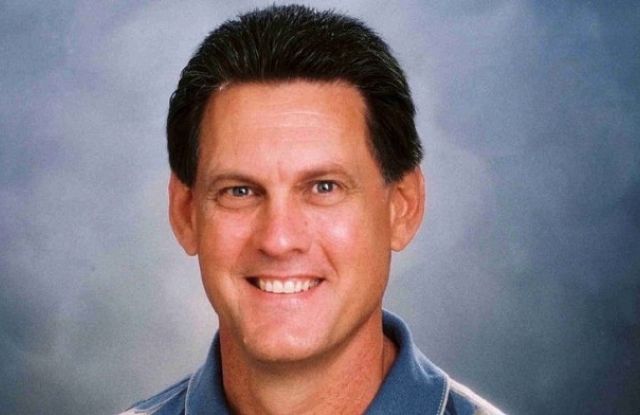The Culture of Narcissism
 Any study that tries to quantify empathy needs to be taken with a
Any study that tries to quantify empathy needs to be taken with agrain of salt, but you
can take this particular survey yourself – and if you do, you’ll
probably find its empathy-measuring questions credible enough to be at
least disquieted by these
findings:
Today’s college students are not as empathetic as college
students of the 1980s and ’90s, a University of Michigan study shows.The study, presented in Boston at the annual meeting of the
Association for Psychological Science, analyzes data on empathy among
almost 14,000 college students over the last 30 years.“We found the biggest drop in empathy after the year 2000,” said Sara
Konrath, a researcher at the U-M Institute for Social Research.
“College kids today are about 40 percent lower in empathy than their
counterparts of 20 or 30 years ago, as measured by standard tests of
this personality trait.”
The fact that the tipping point seems to coincide with the rise of
the internet should send everyone rushing off to read Christine Rosen’s
2007 essay on social networking, “Virtual
Friendship and the New Narcissism,” which could have been written
with just these findings in mind. But it’s also interesting to consider
this trend in light of the oft-heard claim that the millennial
generation is more
idealistic, more civic-minded, and more engaged with the world than
its cynical Gen X predecessors.
On the face of it, these seem like contradictory portraits – how can
the same generation be more solipsistic and more interested in
human betterment and ambitious social activism? But maybe they actually
go hand in hand. There’s a kind of
humanitarianism that’s more interested in an abstract “humanity” than in
actual people, and a kind of idealism that’s hard to distinguish from
moral vanity.



I really like that BIG WORD you used. You get the prize. Actually, There are several interesting things that have sprung up because of the internet and it’s rise in cultural norms. In fact, tonight our 25 year old son told us he hasn’t printed anything for over two years. He just emails things to himself and reads them off his phone when he needs them or accesses them from his i-pad.
The cultural shift from the tangible to the virtual is not all good…I think there is something valuable lost when we don’t interact with REAL stuff. Perhaps this could preach as well.
Throughout history when a culture deviates from the actual to a more abstract there is a loss of clarity. There is a slip in certainty within the mental norm of the society and as a result people question their relationship to God or even if there is a God. The best example I can think of this at the moment is in the art world. As realism was replaced by more abstract works so to was Christianity bombarded by humanism.
Just some thoughts for a late night.
Thanks Seth. This is right on the mark. And the marketing, branding and fund development implications for many organizations end up being a mirror reflection of the phenomenon. We make ministry an “object” and a “project” not a lifestyle of service.
And that starts (for good or ill) at the leadership level.
Appreciate you.
Gosh, Seth, you’ve uncovered some serious research. But I don’t see the X’ers or the millenials as being much different from what we were as starry-eyed idealists of the 1960s-70s.
We all like to think of ourselves as empathetic, and we conceptualize that yearning as a way of rationalizing our own failures in it. But the more we see clearly, as we grow older, the sacrifices required to practice true empathy, the more we must lean on the Saviour as the only true source for such generosity
I confess that getting older has made me more hard-hearted, less empathetic. It’s a sort of Calvinist disclaimer that gets me off the hook.
But my heart does bleed sometimes, no way around it. But it doesn’t shed as much blood as His did.
Another important ? would be what breeds this behavior.Seeing that all behaviors stem from a belief and belief systems are usually passed on.
Yes, how many “ministries” and particular “missions” are chosen for engagement to fulfill a deficit of our own? While I appreciate the humility of seeking what God is doing in “my” life, not the “others” on the mission field, it still holds the danger of being narcissistic. With Christ in us, there IS an abundant supply, not deficits, that will overflow to others.
There is so much more to life than the man in the mirror…or woman.
^^ Says the narcissist. ^^